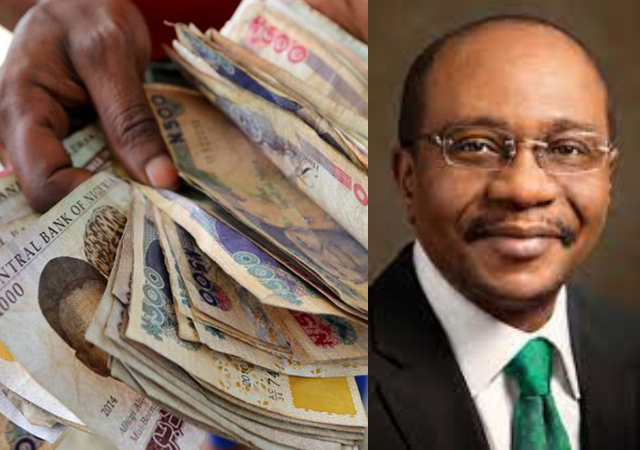
On Thursday, the official Investor and Exporter FX window saw a naira decrease to N956/$ due to a 46.77 percent decline in the dollar supply.
Based on data from the FMDQ Securities Exchange, the naira concluded trading on Wednesday at N840.53/$, a drop of 13.78 percent. Additionally, the market’s dollar turnover decreased from $198.21 million on Wednesday to $105.50 million.
The naira started the day’s trading at N800.90/$ and rose as high as N1136/$ and N615/$. At N956.33/$, it finally closed trading.
Despite recent efforts by the Central Bank to reduce the backlog of foreign exchange forward contracts, the naira’s instability has continued. According to recent data from the World Bank, the naira is among the worst-performing currencies in the world, having lost about 40% of its value since June.
The Economist Group’s research and analytical branch, the Economic Intelligence Unit, has revealed that the CBN lacks the necessary resources to clear the backlog of foreign exchange requests. It is anticipated that this will keep the naira under pressure.
It stated, “In Nigeria, an unsupportive monetary policy implies that the naira will remain under pressure, while the central bank lacks the firepower to adequately supply the market or clear a backlog of foreign exchange orders, which will keep foreign investors unnerved. High inflation and a continued spread with the parallel market will leave the exchange rate regime unstable and result in periodic devaluations.”



![Man alerts Nigerians on circulation of fake N1000 notes [Video]](https://www.gistlover.com/wp-content/uploads/2022/12/fake-naira-notes.jpg)